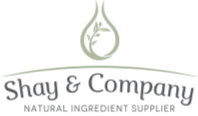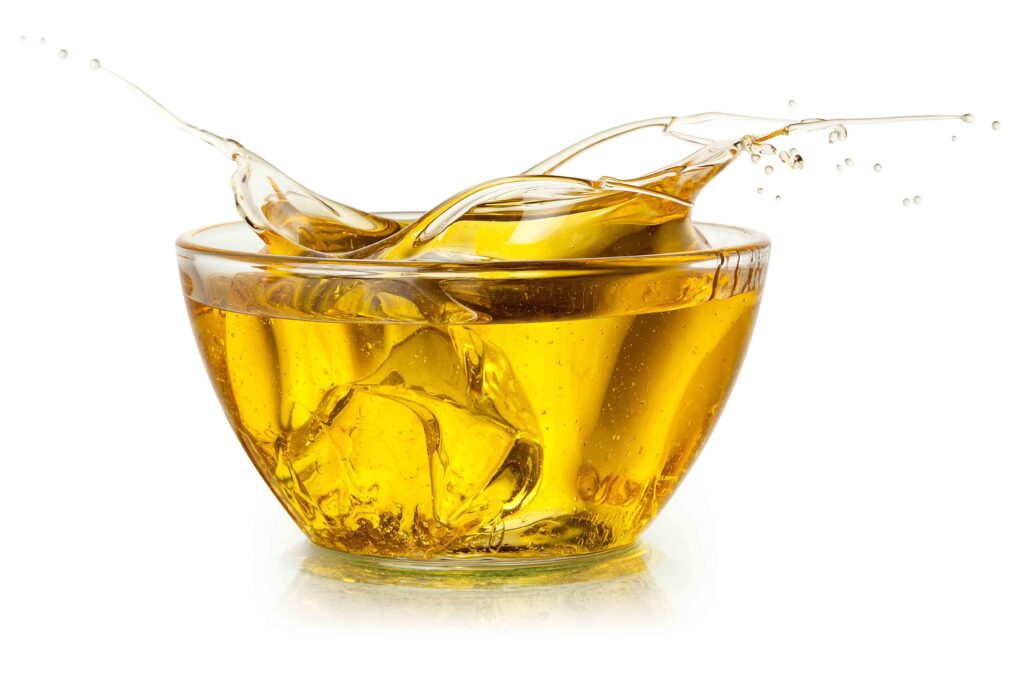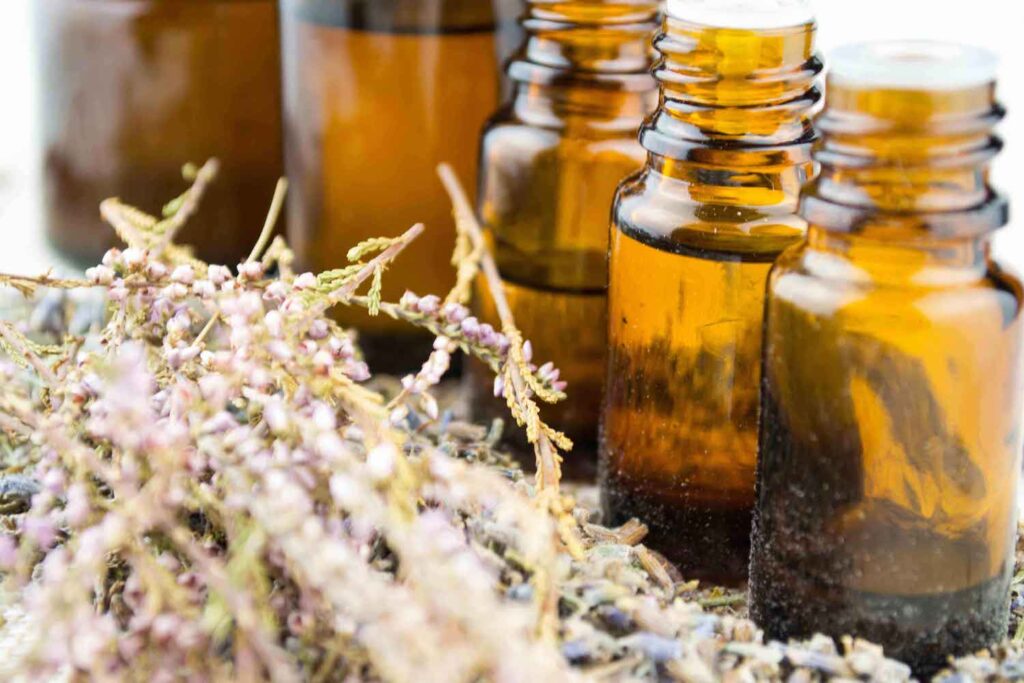| Cold Pressed? Solvent? Expeller? Virgin? What all that means in the world of oils and vegetable butters. |
| There have been a lot of questions about the way our natural carrier oils/vegetable butters are made and how that affects their quality. There are three oil extraction methods from fruits, nuts, and seeds: solvent extracted, expeller pressed, and cold pressed. Please note that not all oils/butters are available in cold pressed. We carry everything created through the cold pressed/virgin oil extraction process if it is available. Expeller pressed is our second option, but again, not all oils are available in these two formats. Solvent Oil Extraction When oils are made through a solvent extracted process, the fruit/nuts/seeds are first ground down to a fine paste. This paste is then washed with the solvent, releasing the fat from the fruit/nut/seed. After being washed in the solvent, the oil is then heated to 212° F to burn off the solvent. This oil extraction process is designed to completely burn off the solvent from the oil, leaving no solvent residue, although sometimes microscopic residue can be left (25 ppm). The last stage of the process is to refine, bleach and deodorize the oil (aka RBD). This can be done using chemical or physical bleaching agents, or sometimes a combination of the two. Sometimes oils are also then “winterized”, removing fats that can become solidified and separate out from the oil (such as rice bran oil). Solvent extraction removes about 97-99% of the oils from the nuts/seeds, making it the most efficient method of extraction. Expeller Pressed Oils This oil extraction method is exactly as it sounds- physically expressing the fruit/nuts/seeds to separate the fats, rather than using a chemical process. Expeller pressing uses a pressure method to extract the oil, but during the process, it can heat up to above 140°F, so it is technically not “cold processed.” Expeller pressed oils can also be RBD and/or winterized the same as solvent extracted oils (physical or chemical). Expeller pressing removes about 87-95% of the oils from the nuts/seeds, making it the second most efficient. Cold Pressed Oils Cold processed oils cannot exceed 122°F during the extraction process. This means that vs. expeller pressed, a cold pressed oil extraction method allows for the natural enzymes to stay intact and maintains a higher level of nutrients. Cold pressed oils are also the natural color of the fruit/nuts/seeds, so each batch will be slightly different in color and smell/flavor and those are aspects that cannot be controlled. Cold pressed oils are generally higher in price, also. During the cold pressed oil extraction process, the fruit/nuts/seeds are pressed using either a bladder press (used with softer fruits), hydraulic press, or low resistance expeller pressing so as not to exceed the 122°F temperature requirement. Cold pressing is the least efficient method, leaving much of oil in the fruit/nuts/seeds. Cold pressed oils can also be RBD and/or winterize, generally only using physical methods and no chemicals to maintain the integrity of the oils. RBD cold pressed oils will have a more consistent color/flavor to them than non-RBD versions (virgin or virgin organic). Virgin Oils Virgin and extra virgin oils is another way to categorize oils. Virgin and extra virgin oils will generally be cold pressed oils, and they will have a stronger flavor/odor than RBD oils. Extra virgin (such as in olive and coconut oils) means that it is from the very first press of the fruit/nut/seed. Extra virgin organic coconut oil is fleshier and more coconuty, with a great smell and flavor of coconut oil. Organic extra virgin coconut oil is an excellent oil to cook with and to use in all-natural skincare products. Organic RBD coconut oil is the same as RBD coconut 76, just with a certified organic seal. Organic extra virgin olive oil is clearer, and brighter, with a stronger olive oil smell and taste than “pure” olive oil or pomace olive oil. Organic extra virgin olive oil can sometimes leave a slight green tint to your soap bars. Pomace olive oil is from the last press of the olives so the oil can be cloudier and not have the olive oil smell/flavor. This is the most popular olive oil to use in soap making as you will have very consistent bars with it. Virgin oils are from the second press of the oils, leaving a fully intact fat but without the stronger smell/flavor of extra virgin. Virgin oils are excellent choices both for food and for skincare as the enzymes and active acids remain in the oils much more than ones that have been refined. Virgin oils will have the characteristic smell and color, so if you do not want those to affect your end products you should select RBD oils. Most of our skincare specialty oils are virgin, cold pressed oils. |







